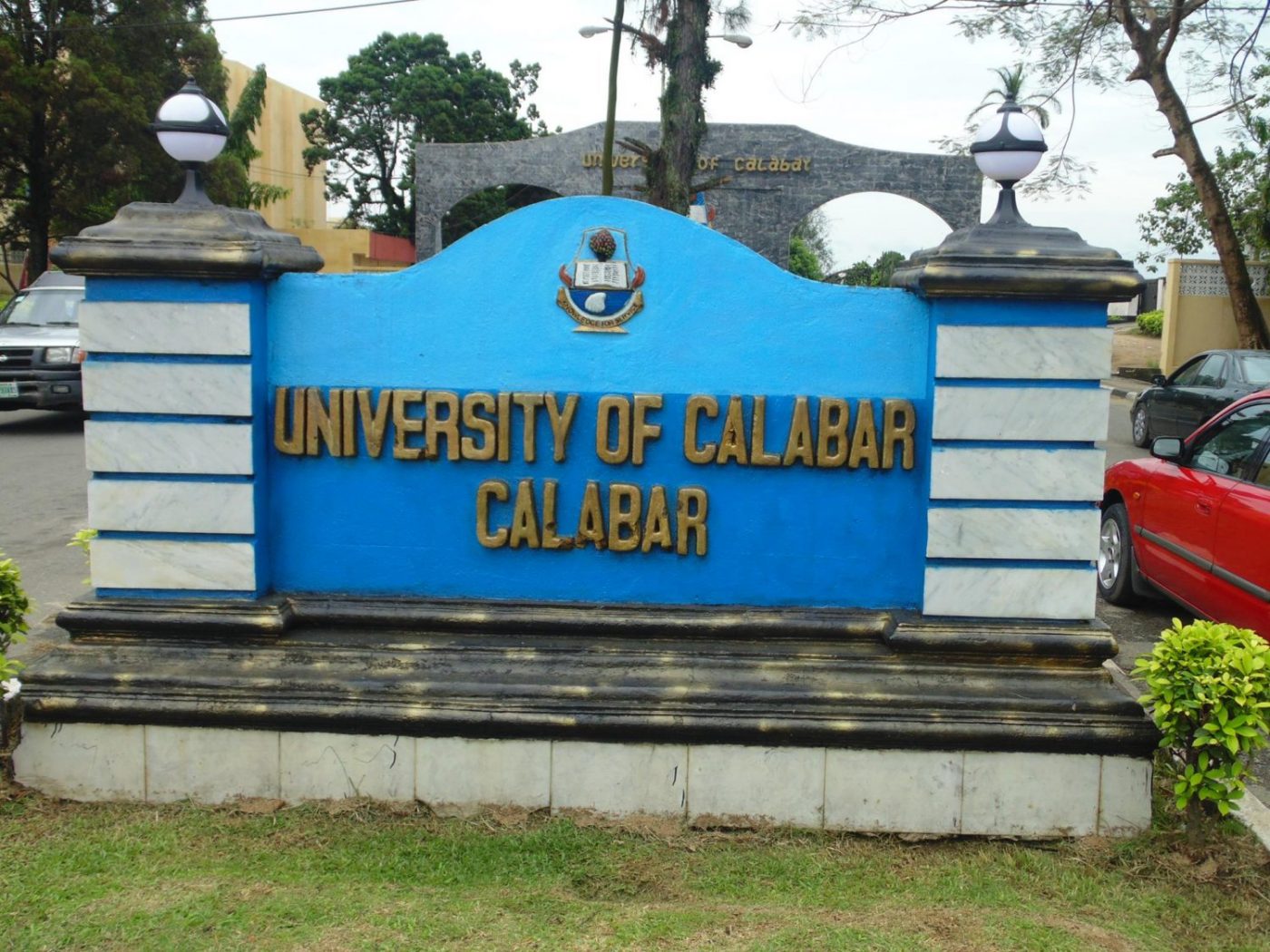CALABAR, Nigeria — Cyril Ndifon, the suspended Dean of the Law Faculty at the University of Calabar, UNICAL, has filed a defamation lawsuit against the institution’s Vice Chancellor, Prof. Florence Obi, and three others.
The suit, currently before a National Industrial Court in Calabar, alleges that the defendants made a calculated effort to tarnish his reputation.
Prof. Ndifon accused Obi of collaborating with Obi Benedict Otu, the president of the Law Students’ Association of Nigeria, LAWSAN, at UNICAL, and one of the VC’s nieces, Destiny Omokiti, to stage-manage a protest against him to ruin his career.
He argues that the move to remove him from his position as Dean of the Law Faculty did not follow the proper procedures as outlined in the University of Calabar Act.
“Shortly after the said protest, Mr. Otu issued a statement where he revealed that he deliberately hid his intention and real purpose of the protest from innocent students, who were freshers. Upon their concealment of purpose, [Otu] tendered a public apology, that excerpt went viral on social media,” Ndifon stated in the suit made known to journalists on Monday, September 4, 2023.
“My right and freedom of movement to the University of Calabar premises has been restricted and curtailed by order of the vice chancellor. I am gravely prejudiced on account thereof,” he added.
In response to the legal action, the university’s Public Relations Officer, Mr. Effiong Eyo, stated that the institution had only set up a panel to investigate allegations of misconduct against Ndifon.
“No one has found him guilty; what we did was to investigate the alleged misconduct. But since he felt court was the only option, we will be there for the hearing,” Eyo said.
The defamation suit has ignited a heated debate among academic circles and the public. It also raises questions about due process, transparency, and governance within higher education institutions.
The case is being keenly watched, not only for its potential impact on the careers of those involved but also for its implications regarding academic freedom and institutional governance.
With the case now in the courts, many await the outcome to see how it could set a precedent for similar conflicts in the academic world, where reputation and credibility are often closely guarded.







